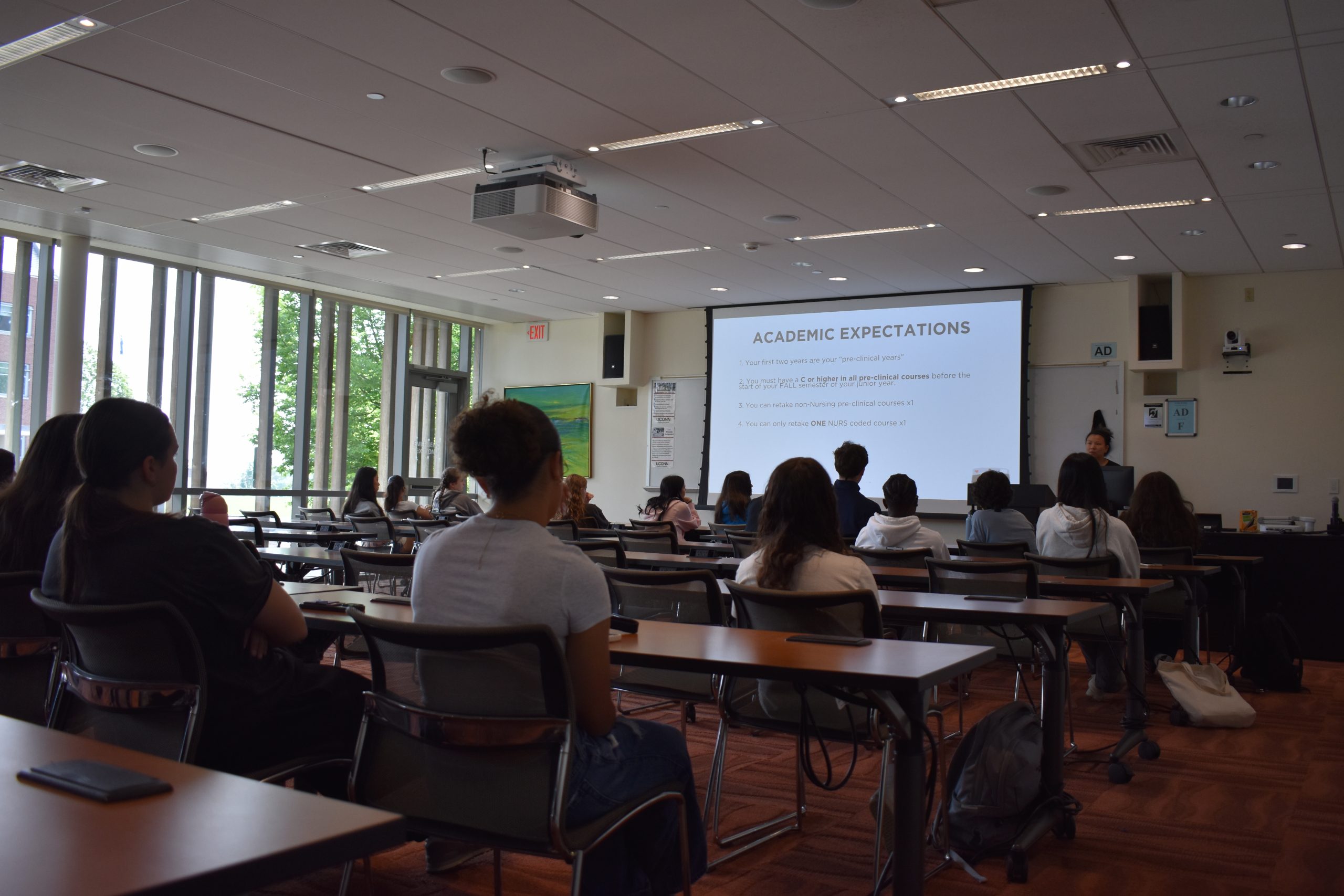According to the National Alliance to End Homelessness, adults and children in families account for 33 percent of the homeless population in the U.S. In 2018, families accounted for nearly 43 percent of Connecticut’s homeless population.
The University of Connecticut School of Social Work, Connecticut Office of Early Childhood (OEC), and the Connecticut Coalition to End Homelessness (CCEH) have formed a unique partnership to prevent local children from experiencing the trauma of homelessness and to gauge those prevention efforts.
Through the partnership, OEC will contribute over $250,000 to CCEH’s “be homeful” fund, which provides emergency assistance to help families with children remain in their homes and avoid entering homeless shelters — a method known as diversion. UConn’s School of Social Work will study the outcomes of this approach over a three-year period.
“Facing homelessness leads to a traumatic loss of security, and developmental delays that can have long reaching impacts on a child’s education and future, especially for young children,” says Kathryn E. Parr, assistant research professor at UConn School of Social Work and a researcher on the project. “Using a flexible approach like diversion will help us assess the effectiveness of these methods to prevent child homelessness. In turn, this can drastically reduce trauma during these formative years and improve long-term child outcomes.”
OEC’s contribution will be used specifically to assist families with children under the age of six, based on the premise that stable housing will promote healthy child development. And, the “be homeful” fund will be sustained by a pay-for-success model, which compensates providers for successfully helping families avoid homelessness, rather than for services rendered.
“Connecticut is a leader in ending homelessness for families with young children, and the Office of Early Childhood is proud to invest in a solution that will improve the lives of so many families with young children in our state,” says Beth Bye, commissioner of the Office of Early Childhood.
Connecticut’s homeless response system has already seen positive results from the shelter diversion approach, say officials. More than 400 families and 800 children have been diverted from homelessness through “be homeful” fund since the program’s inception in 2015, and 85 percent of families maintain stable housing for at least two years.
Research shows that experiencing homelessness as a child has major implications for development and is a key predictor of homelessness as an adult. “We expect to divert over 6,000 families over three years. That’s potentially 6,000 families with improved housing and income stability, and averted child trauma,” says Parr.
“What makes this partnership ‘first-of-its-kind’ is the combination a novel funding mechanism that rewards the desired outcome, the focus on child safety, and a rigorous evaluation, ” Parr adds.
To evaluate the effectiveness of the approach, Parr will interact regularly with the families as they progress through the homelessness diversion process. Families must remain in stable housing and be diverted from entering homeless shelters for at least one year to be considered a success. UConn’s School of Social Work researchers will assess family, parent, and child outcomes three times, based on interviews with the families.
In addition to monitoring the emotional costs and rewards of homelessness diversion, Parr will also look at the potentially significant financial savings associated with this approach.
A recent Connecticut study estimated that over a lifetime, costs associated with homelessness may rise as high as $122,460 per family. In contrast, diverting families from entering the homelessness and welfare system costs as little as $1,000 per family.
“UConn’s School of Social Work is excited to shine a light on innovative funding practices and the experiences of our most vulnerable families,” says Nina Heller, dean of the UConn School of Social Work. “This study will further the national conversation on cutting-edge research and solutions to ultimately end family homelessness.”
Anyone experiencing a housing crisis should dial 2-1-1 to be connected to support.



